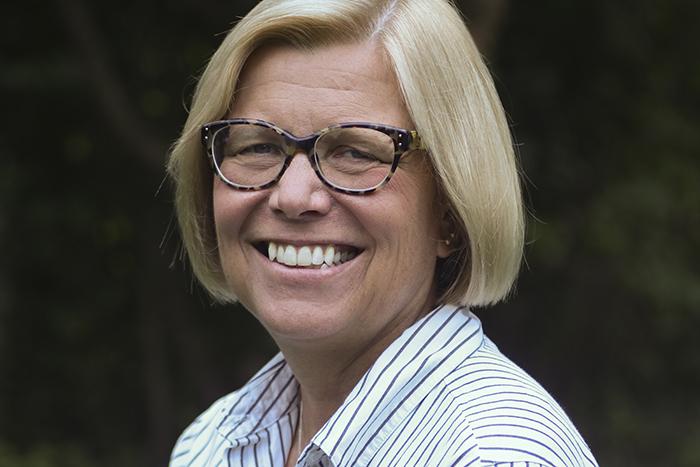Dickinson Professor and Alumnae Examine What Drives COVID-19 Preventative Behaviors

Professor of Psychology Marie Helweg-Larsen
Psychology Research “Dream Team” Looks at Worry and Perceived Risk of COVID-19
by Craig Layne
A new study led by a Dickinson professor and published in the journal Psychology & Health finds people who worried more about COVID-19 also took more precautions against catching the disease.
Psychology professor Marie Helweg-Larsen and her team looked at the interplay between Americans’ perceived risk of getting COVID-19 and their worry about getting COVID-19 and how these factors influenced behaviors such as wearing masks, social distancing and plans to get the COVID-19 vaccine. They found that worrying about COVID-19 better predicted people taking COVID-19 precautions than did their perceived risk—how much at risk individuals thought they were of getting or dying from COVID-19.
“In the context of COVID-19, fear of the disease predicted precautionary behavior over and above a range of other variables, including perceived risk and even political attitudes,” says Helweg-Larsen, who has made international headlines for her research on how people calculate their personal risk. “Worry and thinking you’re at risk certainly are related, but they do not play the same role in the precautions people take. Our analysis shows worry—the emotional response—is stronger, which is interesting in a time when we have so much personalized risk information, like the level of COVID in our immediate area."
The study examined the survey responses of 738 people living across America, two weeks apart in the first wave of the COVID-19 pandemic (in April 2020). The surveys asked participants about their worry and perceived risk of catching COVID-19 and what precautions they were taking to keep themselves safe—like social distancing, handwashing and wearing face coverings—and their plans to participate in contact tracing or get the vaccine. The researchers also compared respondents’ perceptions of local COVID-19 outbreaks to actual state data on case numbers at the time of the surveys. They found that people who overestimated the number of COVID-19 cases near them were more likely to worry and to then take precautions against the disease.
These findings show the importance of worry as an emotional reaction that leads directly to taking preventative action, something that could be harnessed in public messaging. “It’s critical to note that policymakers should not work to create more worry around COVID-19, but our results show that worry could be channeled into productive risk-reducing behavior that is good for individuals and society,” says Helweg-Larsen.
This study is part of a larger body of research on COVID-19 risk perceptions conducted by Helweg-Larsen and two Dickinson alumnae: Laurel Peterson '06,the chair of psychology at Bryn Mawr College; and Sarah DiMuccio ’15, a researcher at the nonprofit Catalyst.
TAKE THE NEXT STEPS
Published May 23, 2022